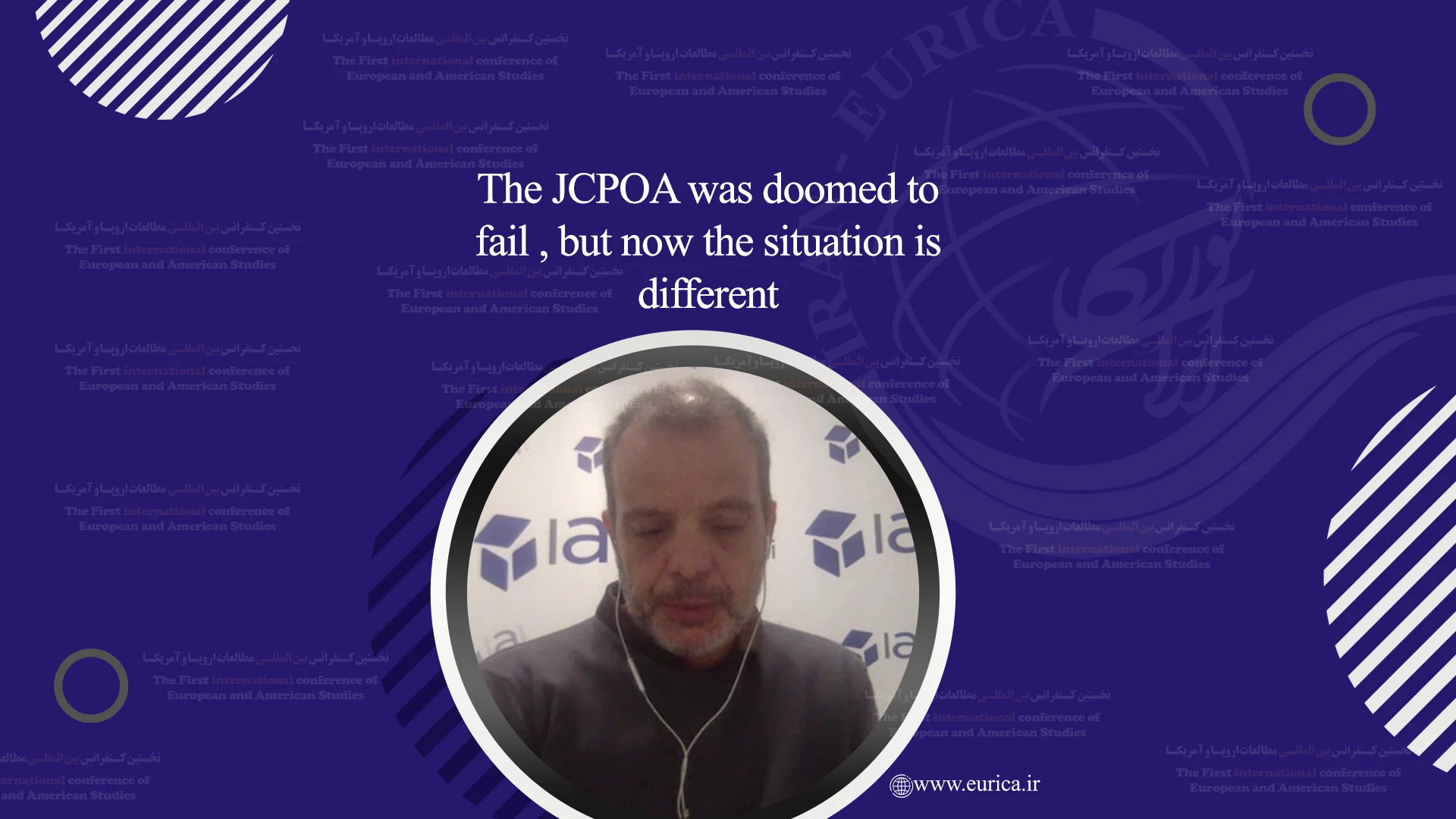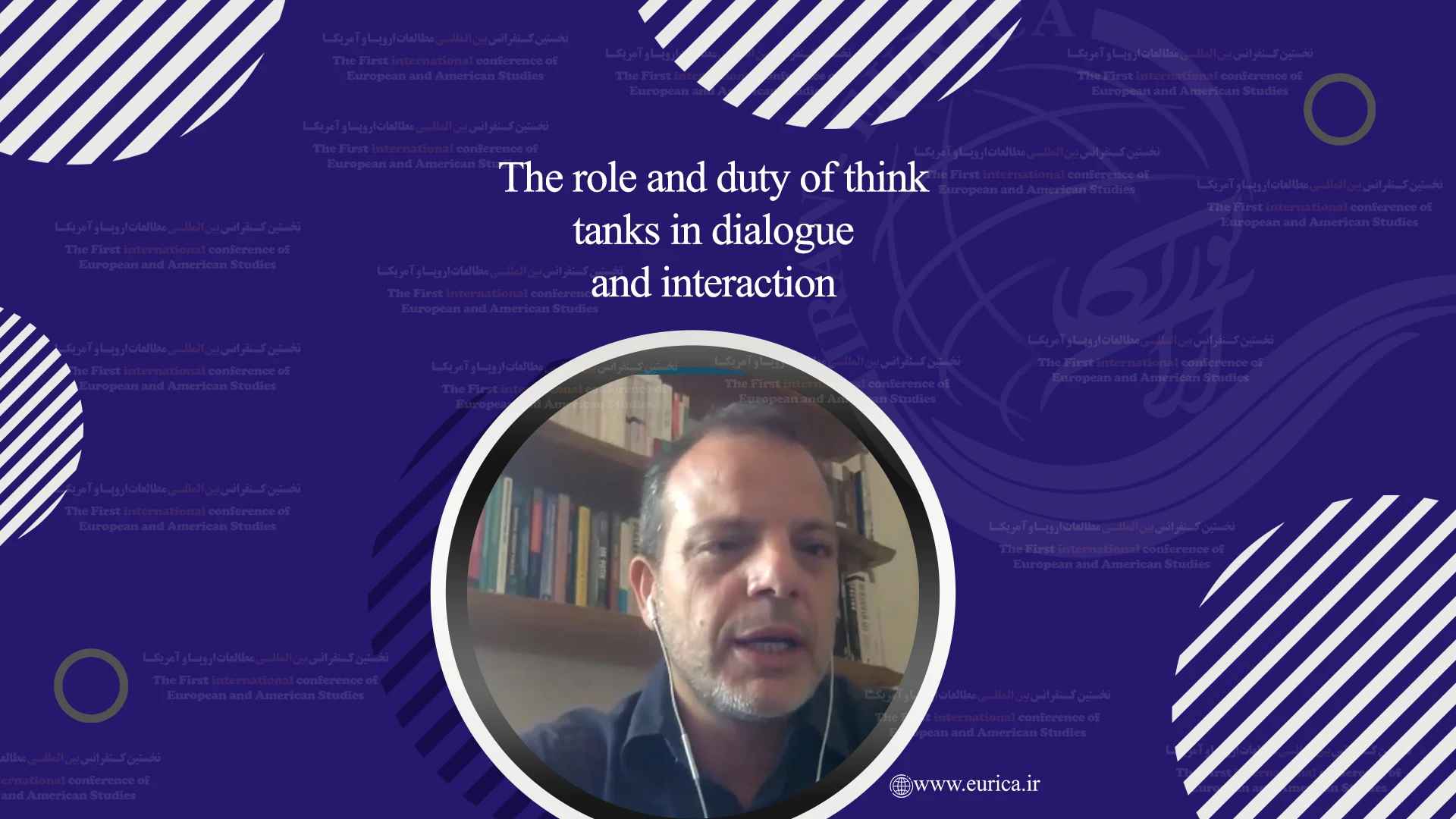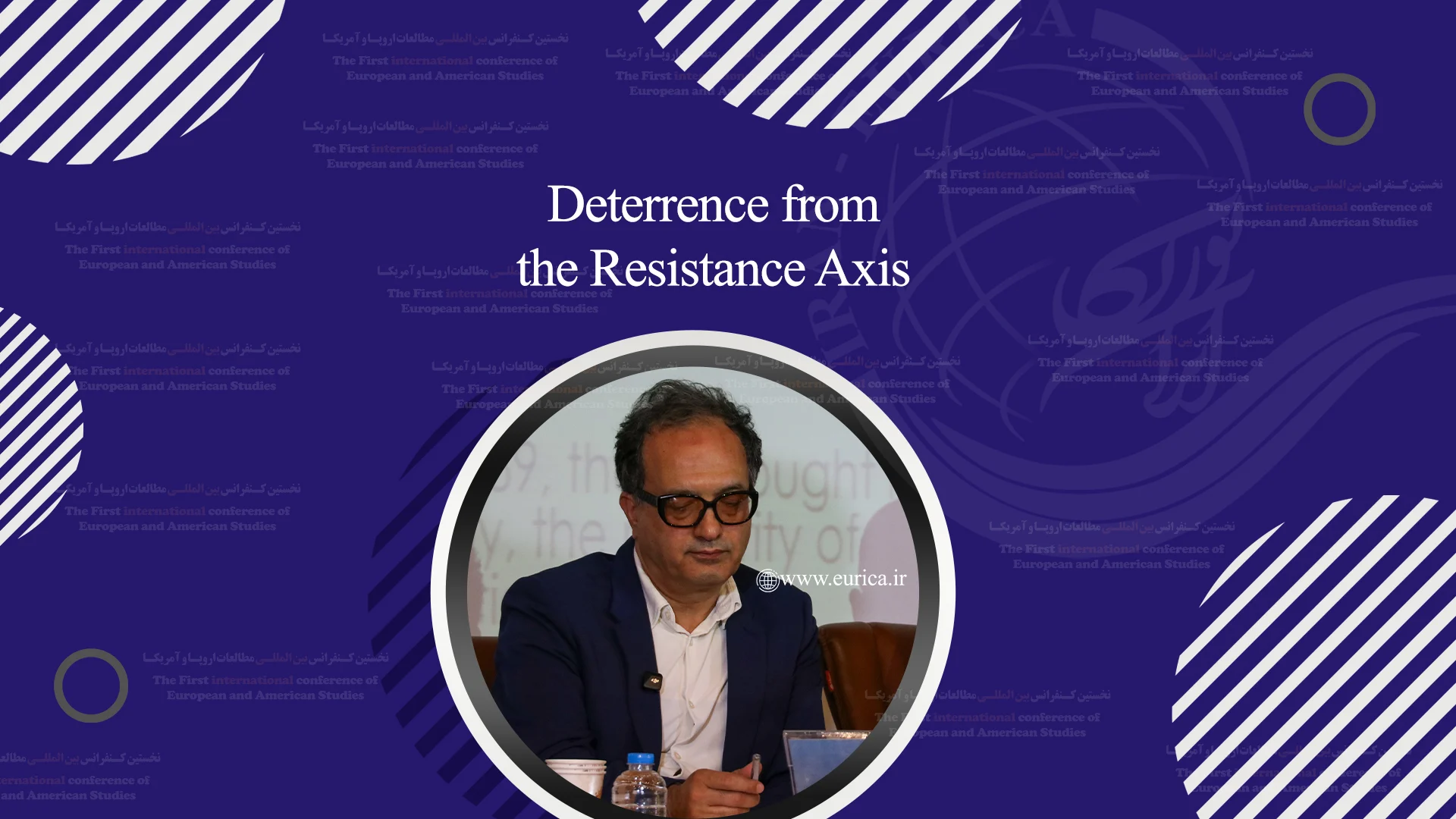Central Asia–EU Leaders’ Summit
On April 4, 2025, the first Central Asia–European Union Leaders’ Summit was held in Samarkand, Uzbekistan. Diversifying trade exchanges away from Russia and China and strengthening diplomatic ties were the main topics on the summit’s agenda, while human rights issues and measures to counter Russia’s sanctions evasion were also raised on the sidelines. The summit took place just two days after U.S. President Donald Trump announced tariffs on dozens of countries, including allies such as the European Union and the United Kingdom, sparking protests from world leaders and causing turmoil in global markets.
Participants of the Summit
The summit was chaired by Shavkat Mirziyoyev, President of Uzbekistan. The European Union was represented by António Costa, President of the European Council, and Ursula von der Leyen, President of the European Commission. In addition to Uzbekistan, other Central Asian countries were represented by Kassym-Jomart Tokayev, President of Kazakhstan; Sadyr Japarov, President of Kyrgyzstan; Emomali Rahmon, President of Tajikistan; and Serdar Berdimuhamedow, President of Turkmenistan.
Historical Background of the Summit
Although this was the first Central Asia–EU summit at this level, meetings between Central Asian leaders and EU officials —including ministerial and high-level meetings— have been held previously. For instance, summits were held between Central Asian heads of state
and the President of the European Council in Astana, Kazakhstan, in 2022, and in Cholpon-Ata, Kyrgyzstan, in 2023. Additionally, two key documents laid the foundation for this recent summit:
- The EU Strategy on Central Asia adopted in 2019;
- The Joint Roadmap for Deepening Relations between the EU and Central Asia, adopted on October 23, 2023, in Luxembourg.
Joint Statement after the Summit
At the conclusion of the summit, participating leaders issued a joint statement, highlighting the following key points:
- Commitment to cooperation for peace, security, and democracy, and full respect for international law, including the UN Charter and the fundamental principles of sovereignty, independence, and territorial integrity of all states within their internationally recognized borders;
- Commitment to upholding these principles in all international and regional forums and refraining from actions that violate them;
- Readiness to address common security challenges by enhancing engagement and cooperation at bilateral, regional, and multilateral levels in areas such as cybersecurity, hybrid threats, chemical, biological, radiological and nuclear threats, countering extremism and terrorism, strengthening border security, and preventing drug and human trafficking;
- Strong commitment to a secure, stable, and prosperous Afghanistan governed inclusively and respecting human rights and fundamental freedoms for all citizens, including women, girls, and ethnic, religious, and minority groups;
- Cooperation to prevent sanctions circumvention (likely by Russia), particularly the re-export of sanctioned goods;
- Strengthening regional cooperation in Central Asia to overcome challenges and build partnerships for prosperity, sustainable development, energy transition, decarbonization, stability, security, and good-neighborly relations;
- Welcoming the signing of the border treaty between the Kyrgyz Republic and the Republic of Tajikistan on March 13, 2025
in Bishkek; - Comprehensive and deep cooperation between the two regions, including full implementation of bilateral Enhanced Partnership and
Cooperation Agreements (EPCAs), such as the EU–Kyrgyzstan agreement signed on June 25, 2024; - Strengthening trade and investment relations between Central Asia and the EU, as well as the development and diversification of regional and interregional trade;
- Increased cooperation on critical raw materials (CRMs) to ensure secure, sustainable, and diversified supply chains;
- Commitment to enhancing sustainable transport connectivity as a driver of economic growth and regional integration, including support for
the Coordination Platform for the Trans-Caspian Transport Corridor and critical infrastructure projects along this strategically important Corridor to
ensure reciprocal market access and long-term cooperation; - Full and effective implementation of the Paris Agreement to combat climate change, biodiversity loss, and pollution;
- Adopting innovative approaches in water and energy sectors to improve the conservation and efficient use of water resources in the region;
- Partnership for improving conditions in the Aral Sea region and its entire basin;
- Promotion and support for the rule of law, human rights, and fundamental freedoms, including freedom of expression and association, and creating an enabling environment for civil society and independent media;
- Recognition of the role of the EU Special Representative for Central Asia in facilitating cooperation between the EU and Central Asia.
Summit Achievements
Given the growing high-level bilateral engagements in recent years and the rapidly evolving multilateral and regional agendas, EU and Central Asian leaders agreed to elevate relations between the two regions through the establishment of a Strategic Partnership. This
agreement includes collaboration on transport infrastructure development, raw material extraction, clean energy, and digital connectivity. Two key cooperation areas under this strategic partnership are outlined below:
Transport
Recognizing the vital role of connectivity in the global economy and international supply and production chains, summit participants emphasized the need to follow up on the EU Study on Sustainable Transport Connections between Europe and Central Asia (published in June 2023), particularly the successful hosting of the Global Gateway Investors Forum for EU–Central Asia Transport Connectivity on January 29–30, 2024 in Brussels. They also highlighted the establishment of an international coordination platform in 2020 and a €1 billion Coordination Platform in 2024 aimed at strengthening sustainable transport in Central Asia. Participants further announced plans to hold the Trans-Caspian Transport Corridor Investors Forum and the EU–Central Asia Economic Forum in Uzbekistan in 2025.
Critical Raw Materials
Central Asia is developing its renewable energy production and possesses significant reserves of critical raw materials. The European Union has already signed two Memoranda of Understanding in this regard — one with Kazakhstan and another with Uzbekistan. The summit’s final declaration emphasized active cooperation in the CRM sector. Participants welcomed the signing of these MoUs and affirmed the joint EU–Central Asia position on CRMs, reflecting a desire to deepen cooperation with all five Central Asian countries. They also confirmed the 2025–2026 roadmap under the EU–Kazakhstan MoU on CRMs, batteries, and green hydrogen.




